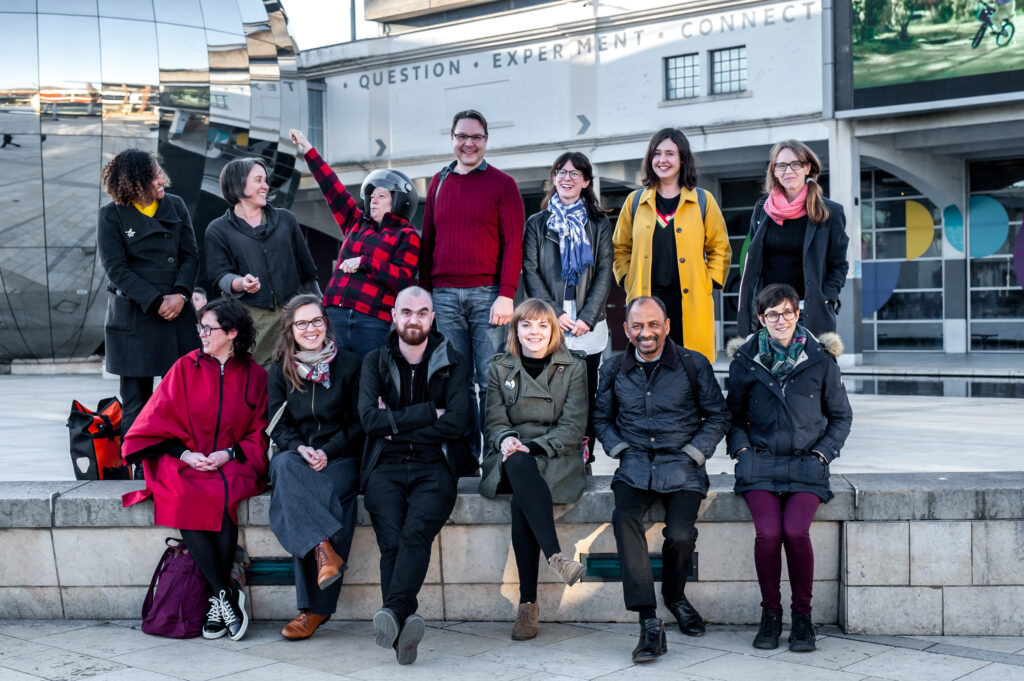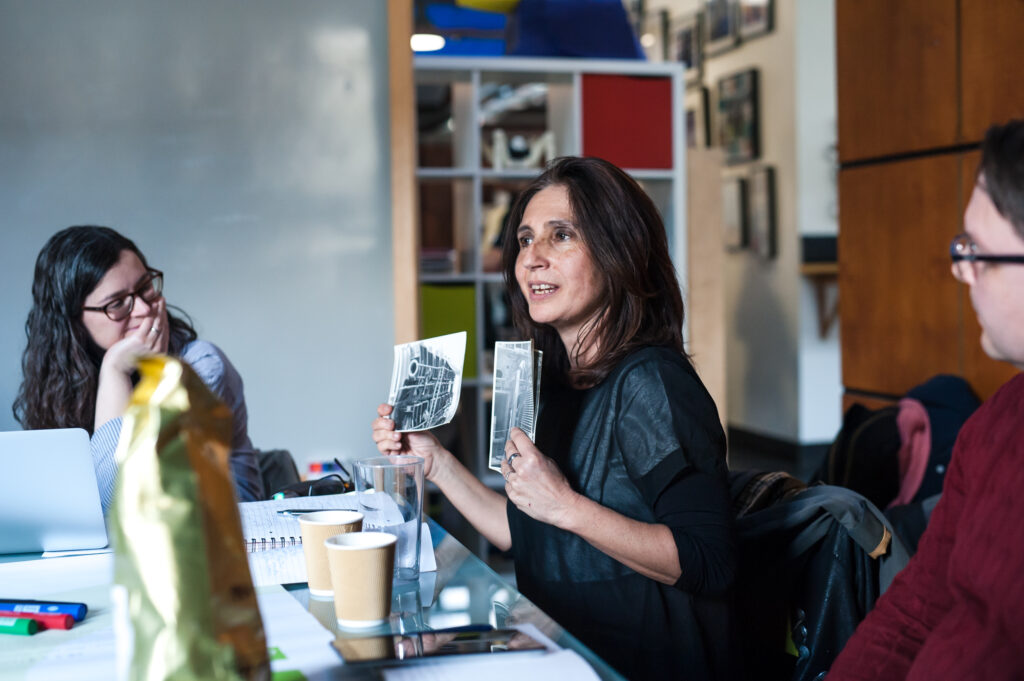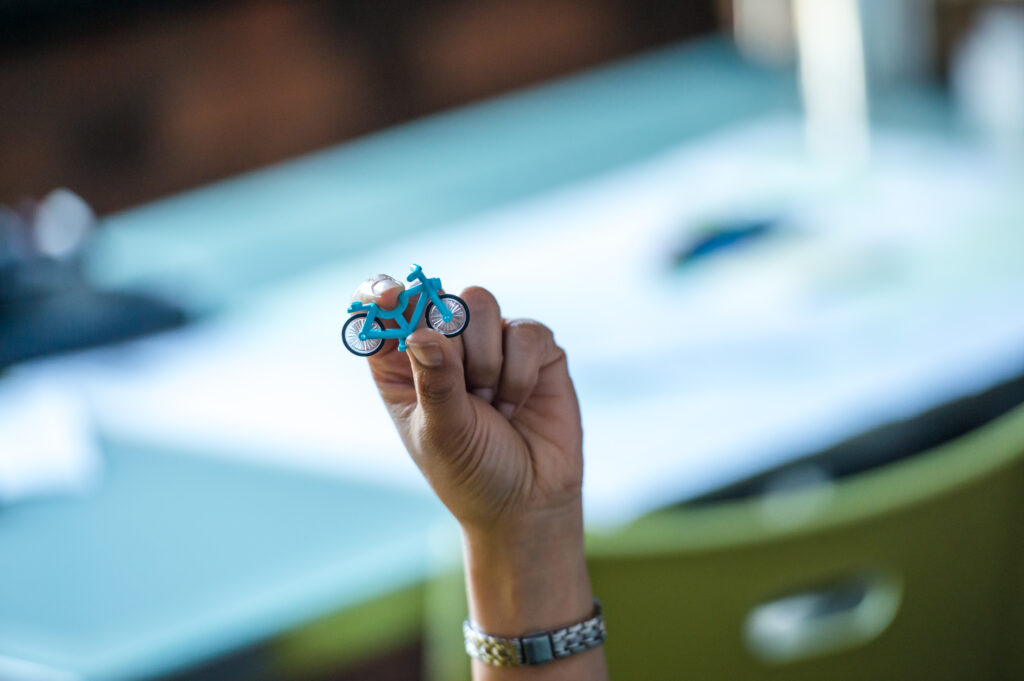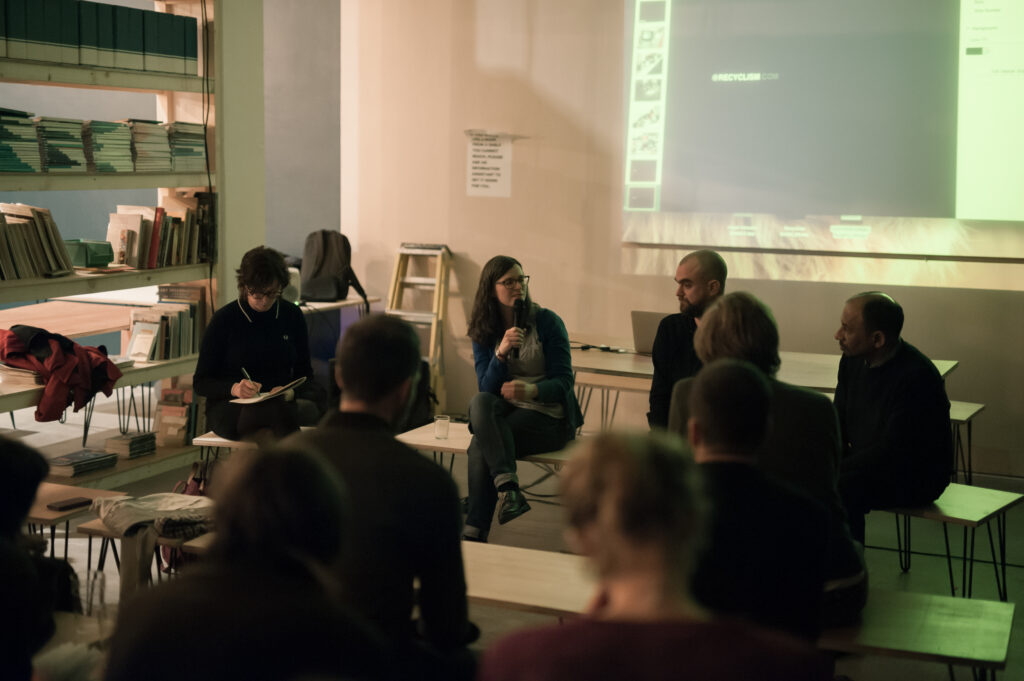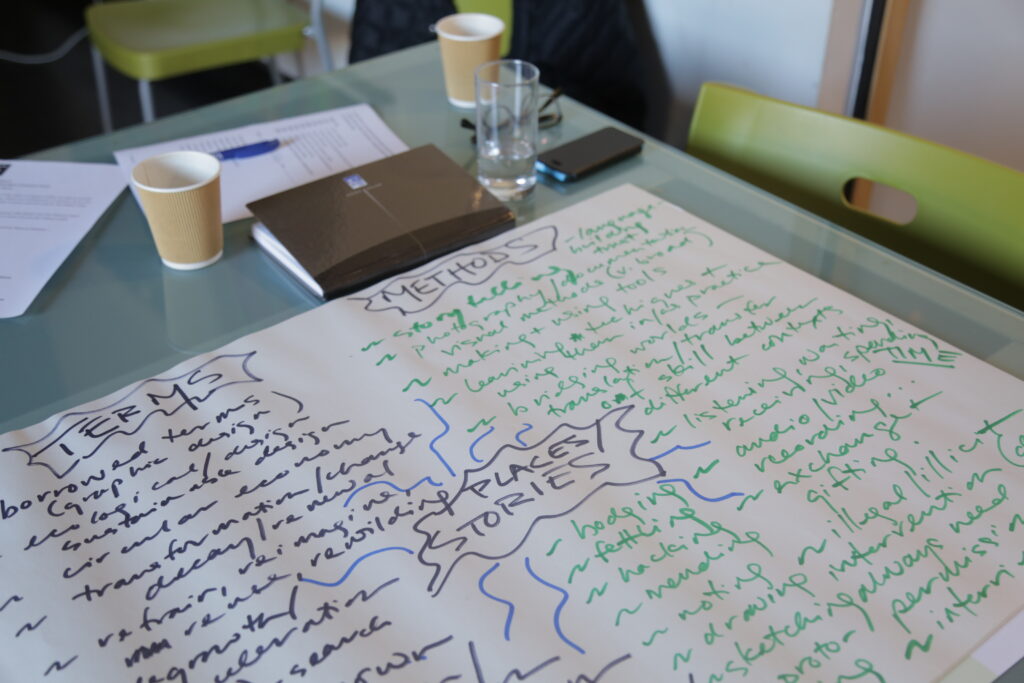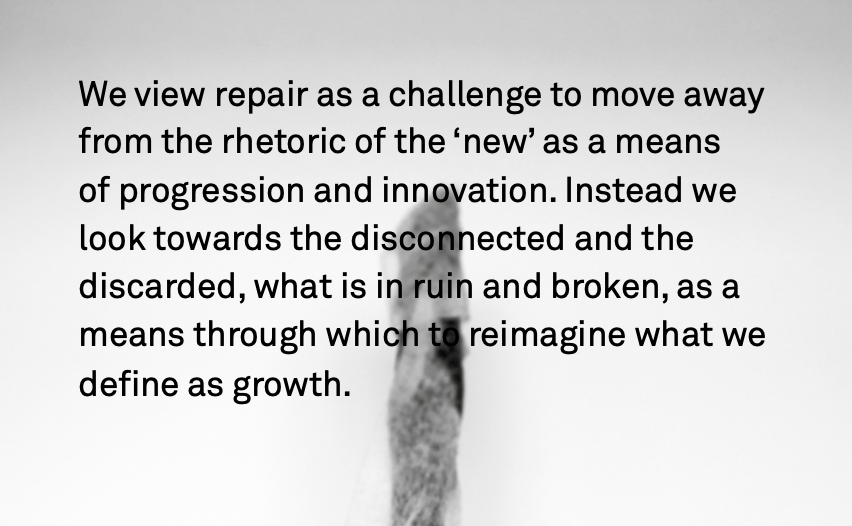Background
Established in 2018, the Repair Acts programme was initially established as an international and multidisciplinary network, which brought together people working on topics relating to repair, care and maintenance cultures.
Viewing repair, care and maintenance as the challenge to move away from the rhetorics of the ‘new’ as a means of progression and innovation. The programme focused on questioning the lexicon of the ‘smart’ and globally connected, repair, care and maintenance cultures addresses everyday consumption by revealing the geopolitical struggles, labour systems and consequences of our material lives on the environment and other species.
Looking towards how we attend, nourish and care for the everyday, with a focus on the disconnect and the discarded, what is in ruin and broken as a means through which to reimagine what we define as growth. The programme ran between 2018 and 2019 as a series of workshops, gatherings, conversations and exhibition. The archive of which can be viewed here, with key workshops and events taking place in: Bristol and New Delhi (March 2018) and Penryn (October 2018) and closing day-long symposium and month long exhibition in Bristol (March 2019).
Methodologically our approach is rooted within the arts and crafts, humanities and social sciences, media and science and technology scholarship. With a key focus on with deepening the intersections between artistic, applied and scholarly knowledge on repair, care and maintenance cultures.
Drawing on Laderman Ukeles, “Manifesto for Maintenance Art 1969!, academic Steve J. Jackson’s broken world thinking (2014) and Haraway‘s (2016) call to stay with the trouble, we also position our work within legislative measures that address planned obsolescence and policies such as the United Nations Global Sustainable Development Goals (2016) and various EU Directives (2008, 2012), which call for more circular and restorative approaches to manufacturing and production. Grounding the work along the following axes that included:
Critical repair : relating to artistic and theoretical practices of repair
Essential repair: where the act of repair is a necessary, daily function of living, also includes policy and legalisation matters
Arts and Craft repair: relating to the fields of heritage and tradition, including practices of care, restoration and preservation
Economic repair: existing and new forms of economy, including changes to manufacturing and industry standards relating to repair, reuse and maintenance cultures.
These four pillars continue to inform the programme.
